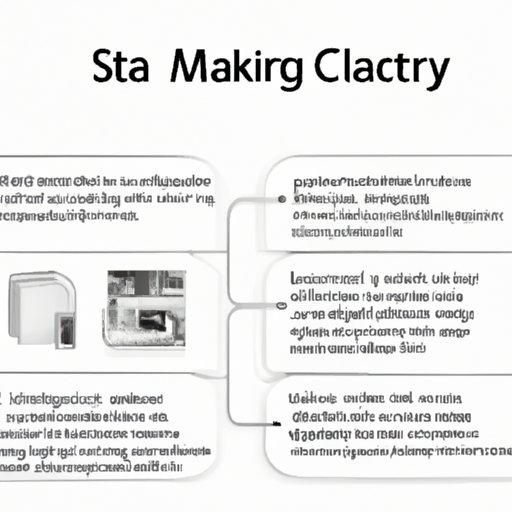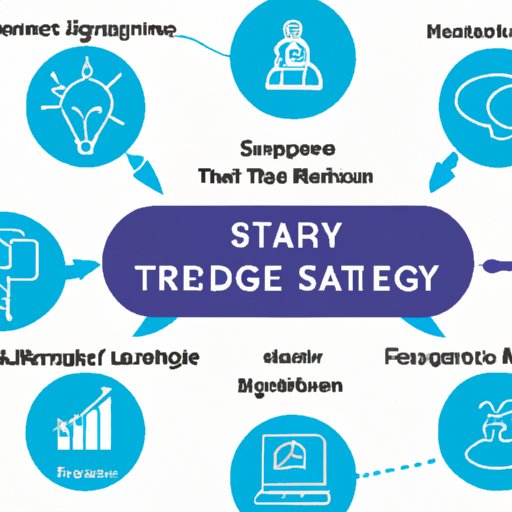Introduction
Having an effective marketing strategy is essential for any business that wants to succeed in today’s competitive marketplace. But what exactly is strategy in marketing? In its simplest form, it is a plan of action that outlines how a business will achieve its marketing goals. It involves researching customer needs, analyzing competitor activities, and creating an actionable plan to reach desired objectives.
Having a well-defined strategy helps ensure that resources are being used efficiently and effectively. It also allows businesses to stay ahead of their competition by anticipating customer needs and developing innovative solutions. Additionally, a strong strategy can help build brand awareness, improve customer loyalty, and ultimately increase sales.

Different Types of Strategic Marketing Plans
When it comes to developing a strategic marketing plan, there are two main approaches: traditional/offline marketing strategies and digital/online marketing strategies. Traditional/offline strategies often involve print advertising, direct mail campaigns, radio and television commercials, and other offline tactics. Digital/online strategies include email campaigns, online ads, search engine optimization (SEO), and social media marketing.
Each type of strategy has its own set of advantages and disadvantages, and the best approach for a particular business will depend on its goals and resources. For example, traditional/offline strategies may be more cost-effective for businesses with smaller budgets, while digital/online strategies may be better suited for businesses looking to reach a wider audience.
The Role of Technology in Developing a Strategic Marketing Plan
Technology plays an integral role in developing a successful strategic marketing plan. With the right tools and data, businesses can make informed decisions about their marketing efforts. For instance, they can track customer behavior, analyze website traffic, and identify areas of improvement.
Technology can also be used to automate processes, such as email campaigns, social media posts, and ad campaigns. This not only saves time and money but also increases efficiency. Additionally, businesses can leverage artificial intelligence (AI) to create targeted campaigns that are tailored to specific customer segments.

Case Studies of Successful Strategic Marketing Campaigns
To illustrate how effective a strategic marketing plan can be, let’s look at three case studies of successful campaigns. The first is from Microsoft, who launched a campaign called “Be What’s Next” to promote its Xbox gaming console. The campaign featured celebrity endorsements, interactive games, and a series of online videos. As a result, Xbox sales increased by 25% within the first five months of the campaign.
The second example is from Coca-Cola, who launched an integrated campaign called “Share a Coke.” The campaign involved social media, print ads, and even custom packaging, where customers could find their names on bottles of Coke. As a result, the campaign generated over 1 billion impressions in just three weeks.
The third example is from Oreo, who launched a campaign called “Daily Twist” to promote its cookies. The campaign featured creative visuals and clever copywriting, which was shared across social media channels. As a result, Oreo experienced a 17% increase in sales during the campaign period.
Conclusion
In conclusion, having an effective marketing strategy is essential for any business that wants to succeed in today’s competitive marketplace. A well-defined strategy helps ensure that resources are being used efficiently and effectively, and it allows businesses to stay ahead of their competition. Different types of strategic marketing plans include traditional/offline strategies and digital/online strategies, and technology plays an important role in developing a successful plan. Finally, the success of a strategic marketing plan can be seen through case studies of successful campaigns from companies like Microsoft, Coca-Cola, and Oreo.
(Note: Is this article not meeting your expectations? Do you have knowledge or insights to share? Unlock new opportunities and expand your reach by joining our authors team. Click Registration to join us and share your expertise with our readers.)
